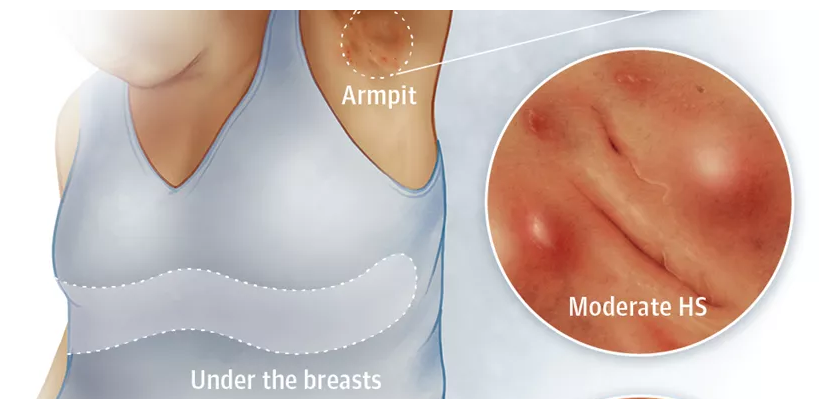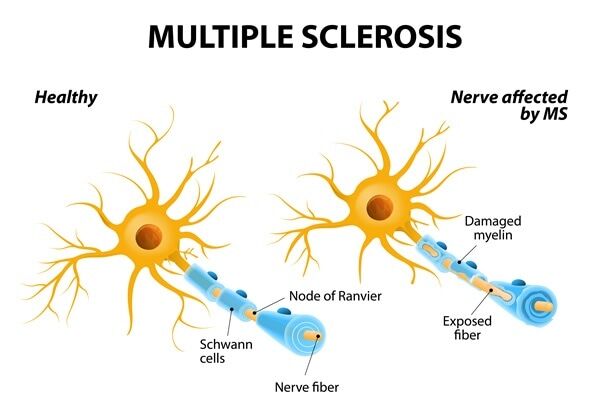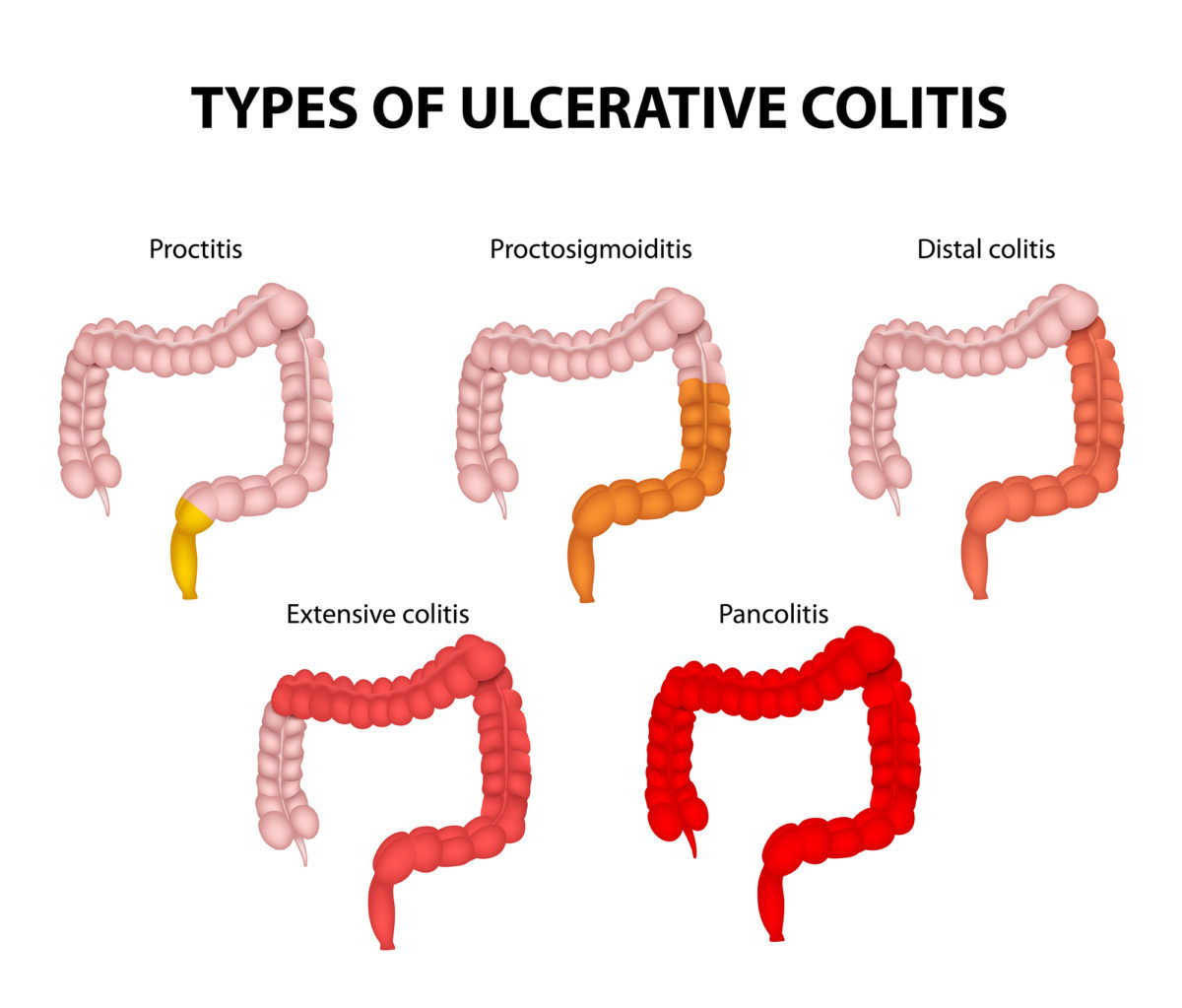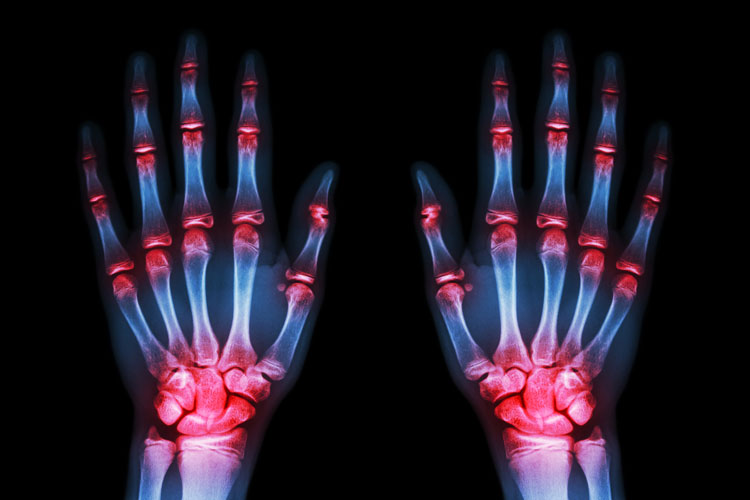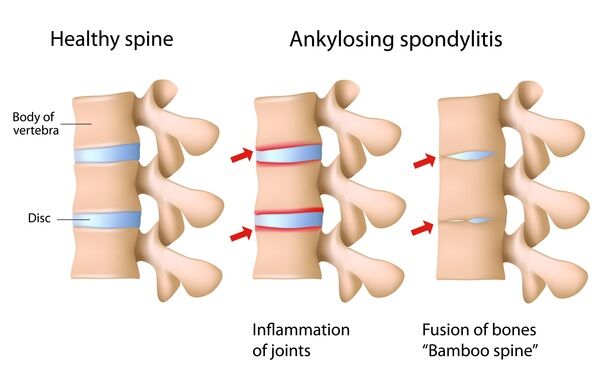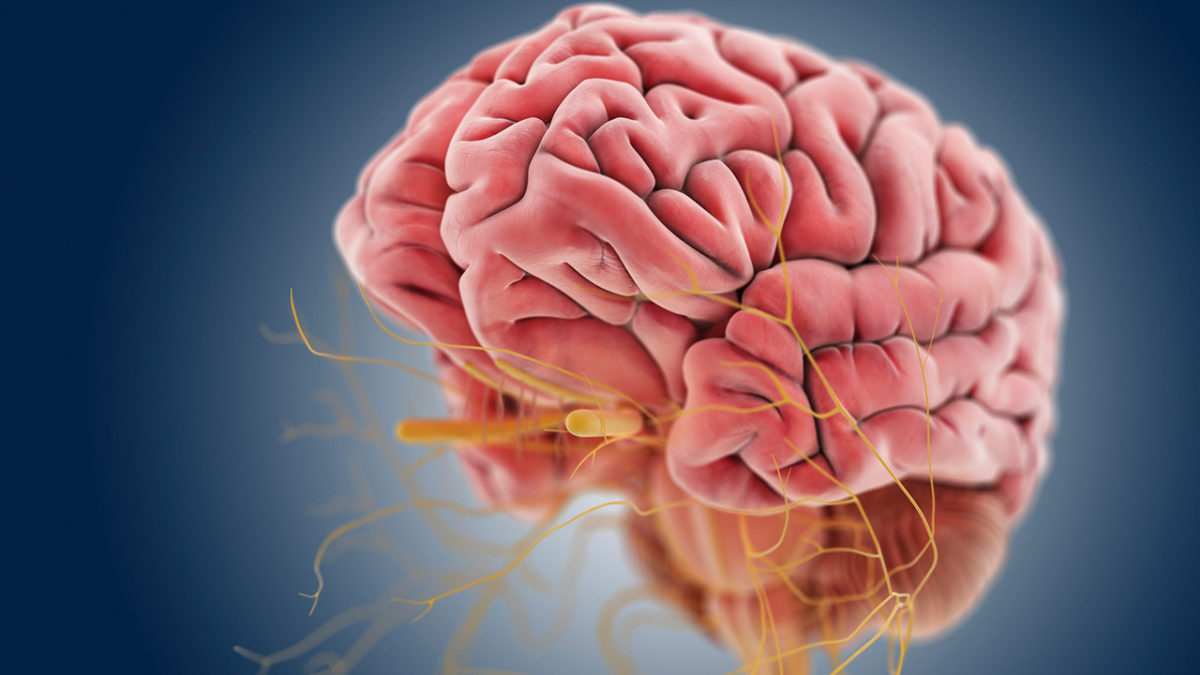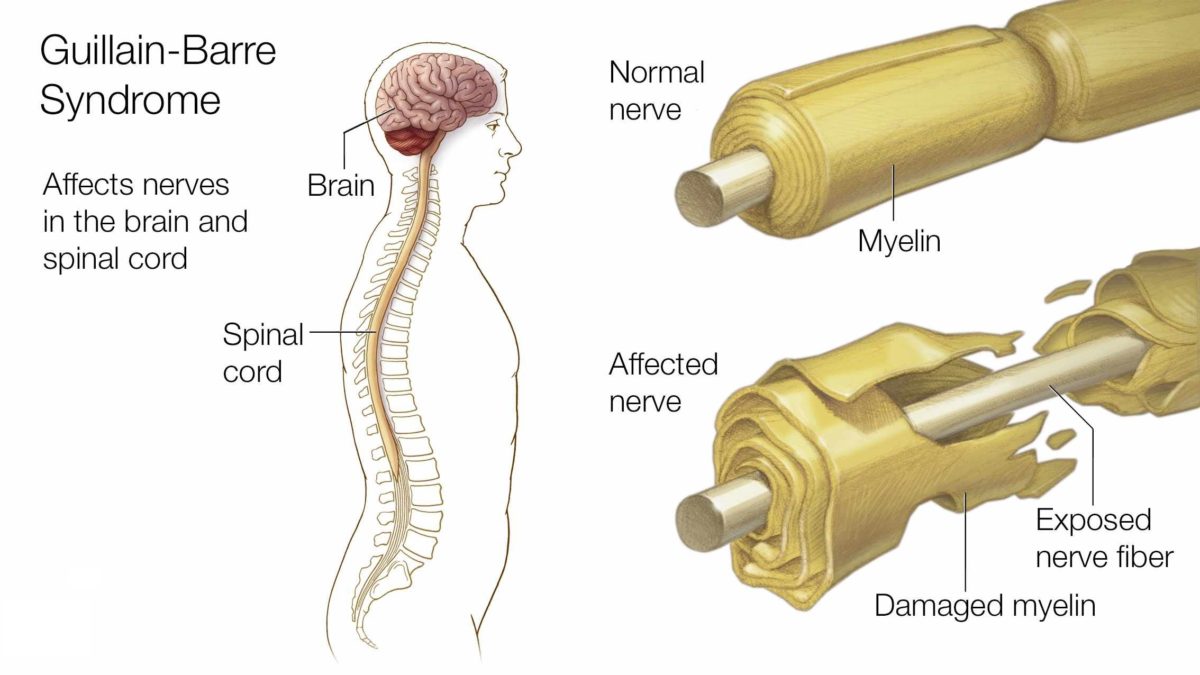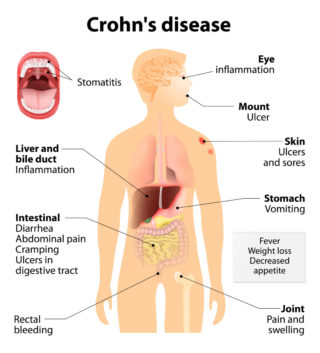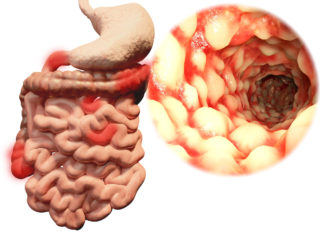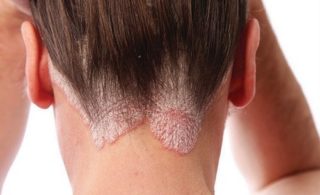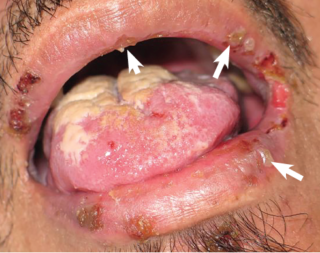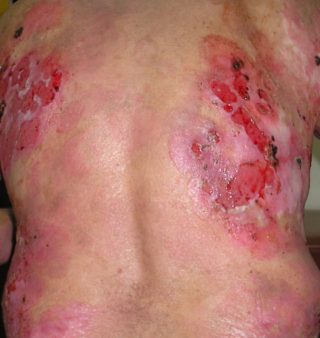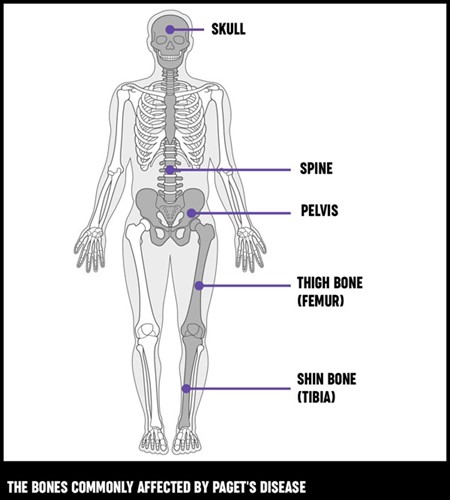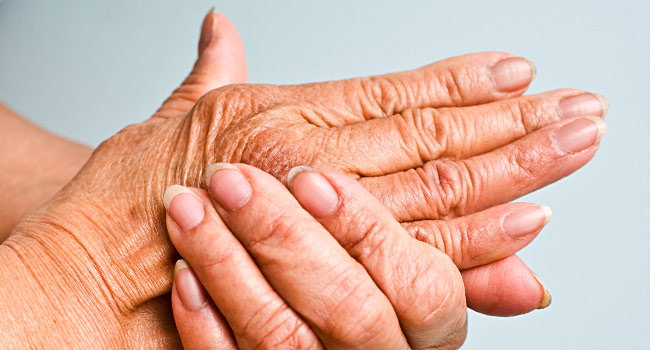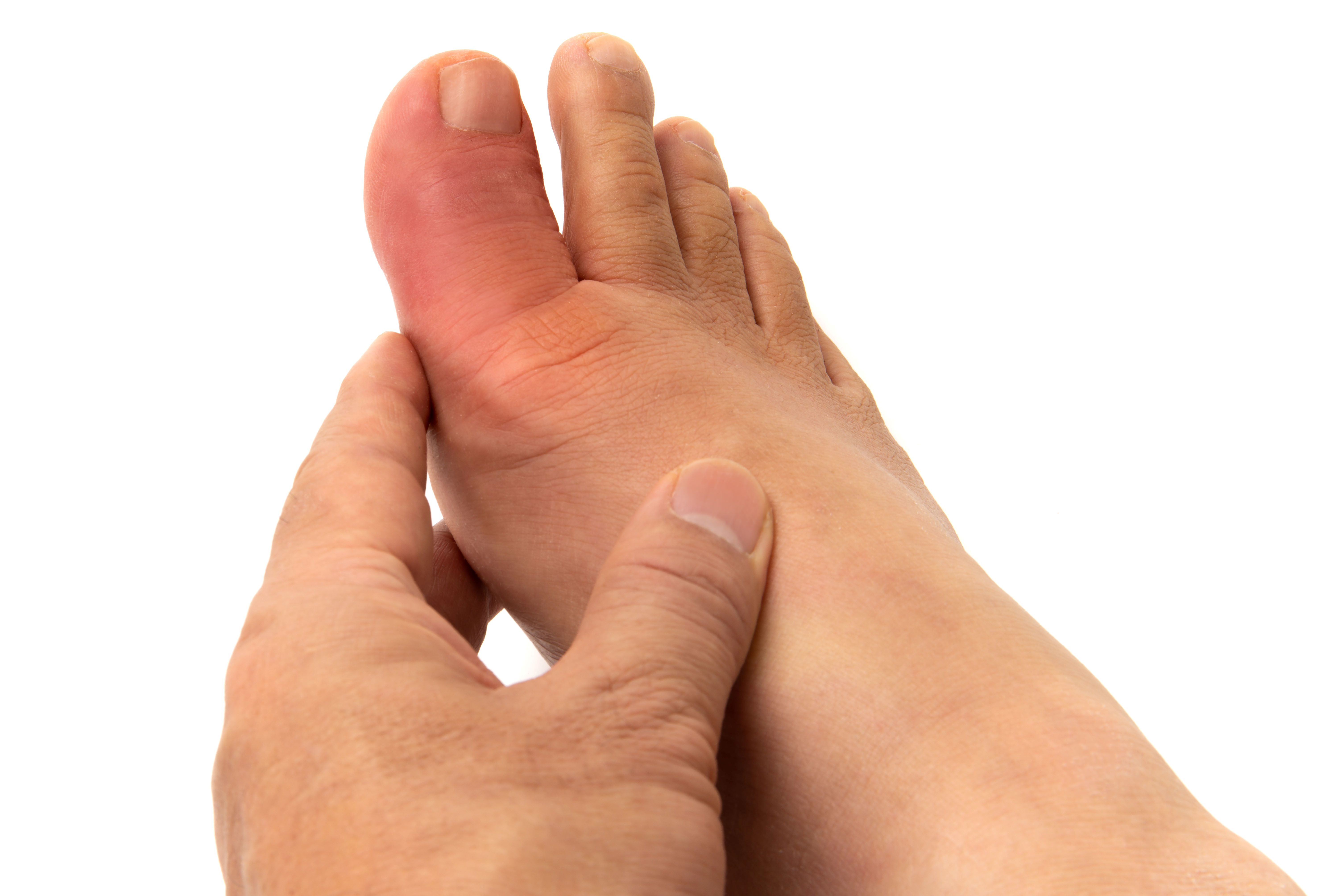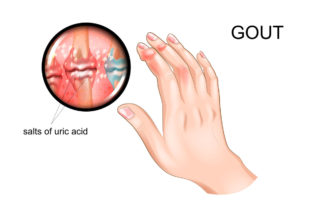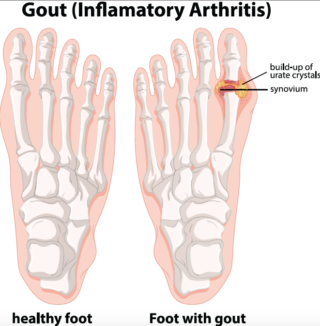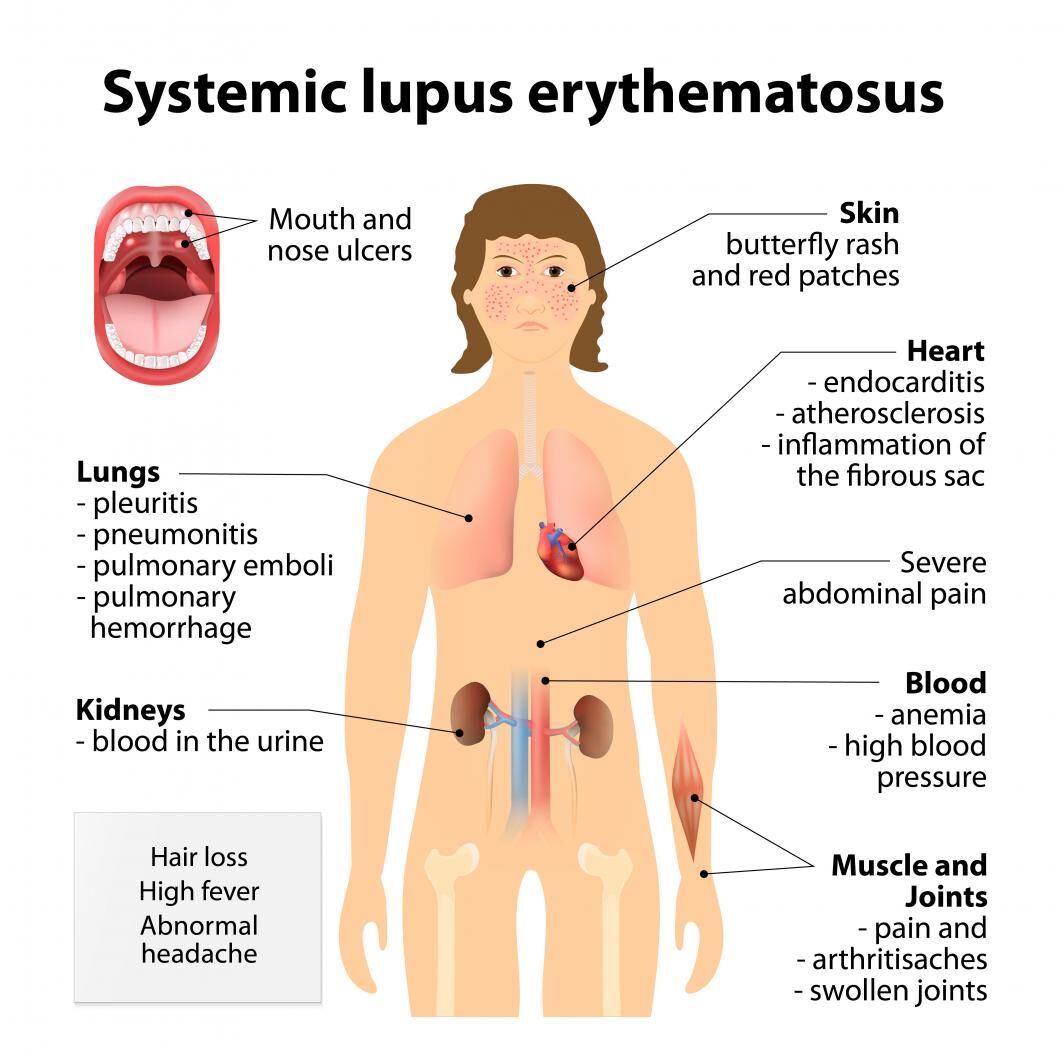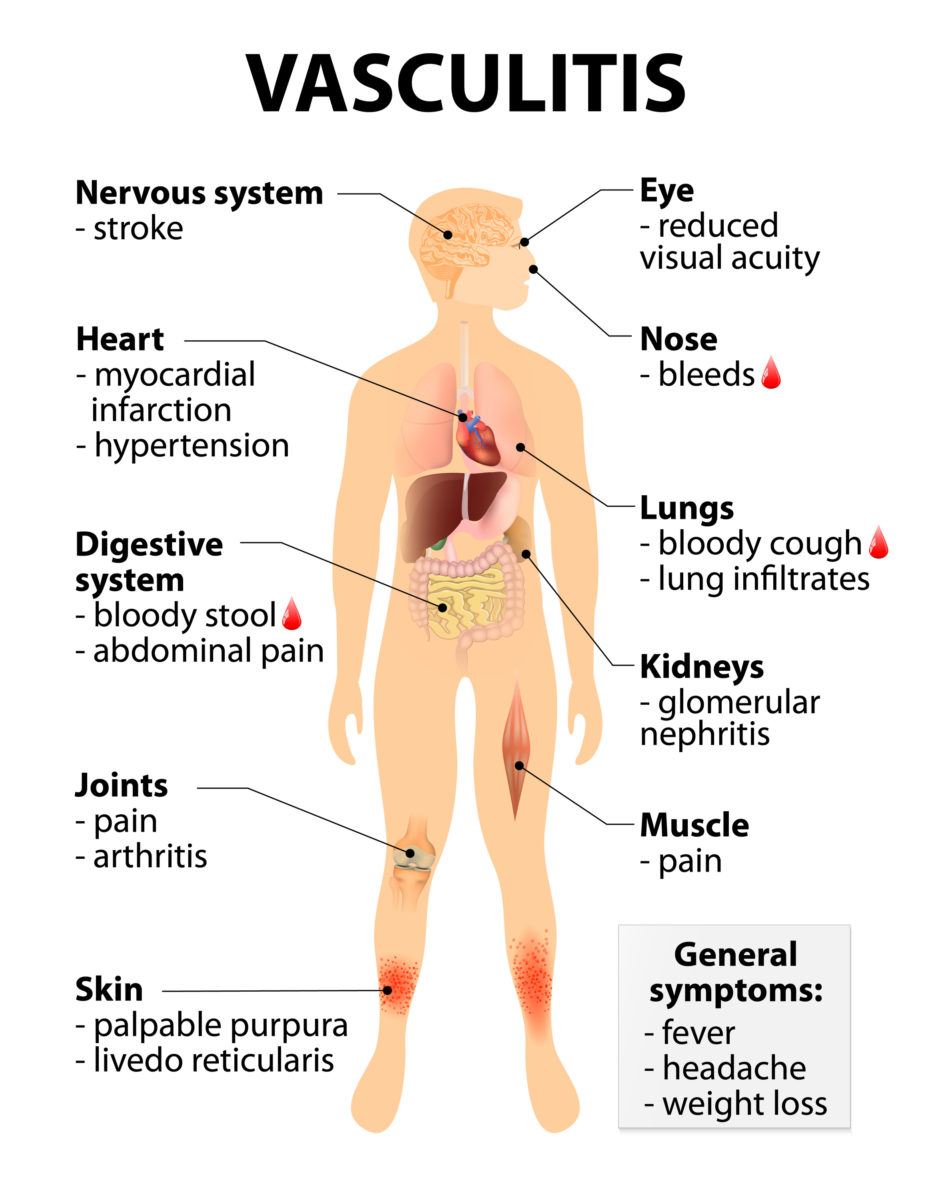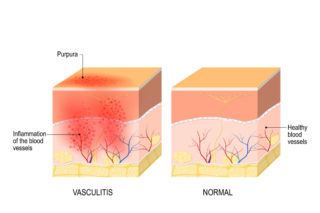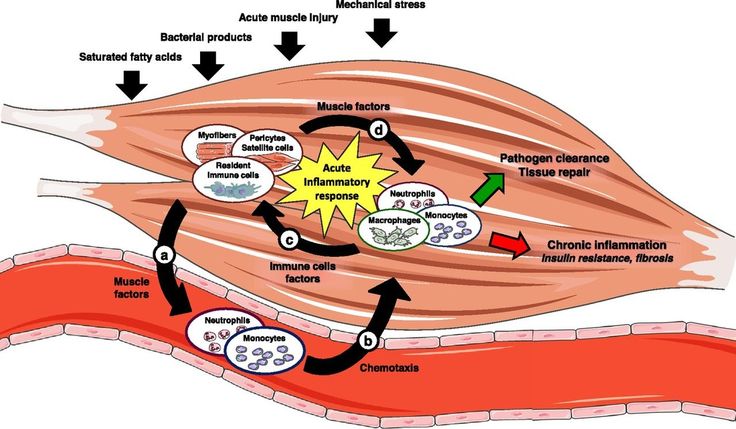DERMATOMYOSITIS
Dermatomyositis (dur-muh-toe-my-uh-SY-tis) is a genetic and rare disease that is marked by muscle weakness and a distinctive skin rash.
This condition can affect adults and children. In adults, dermatomyositis usually occurs from the late 40s to early 60s. In children, it most often appears between 5 and 15 years of age. Dermatomyositis affects more females than males.
There is currently no cure for dermatomyositis. Most individuals experience periods of symptom improvement or remission can occur. Treatment can clear the skin rash and help one regain muscle strength and function.
Dermatomyositis is in a group known as inflammatory myopathies (disorder of muscle tissue or muscles), which are characterized by chronic muscle inflammation accompanied by muscle weakness. The primary symptom is a skin rash that precedes or accompanies progressive muscle weakness.
The cause of dermatomyositis is unknown, but the disease has much in common with autoimmune disorders, in which your immune system mistakenly attacks your body tissues.
To learn more about Dermatomyositis and other autoimmune blistering conditions or related diseases visit the National Organization for Rare Disorders (NORD) website. The site provides a wide variety of educational information for patients, caregivers, clinicians and researchers to specific rare diseases.
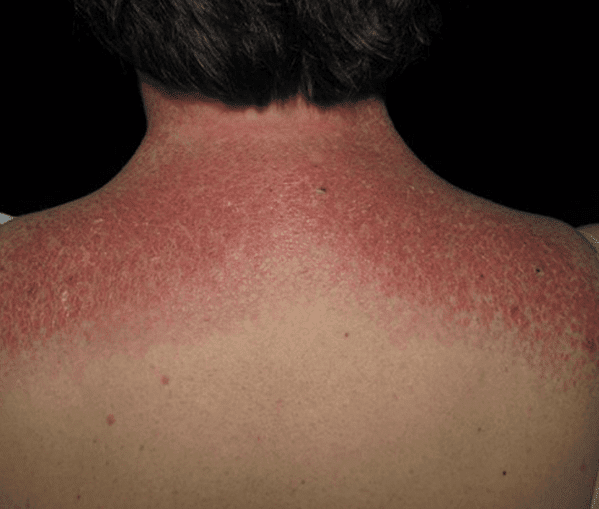
Symptoms of Dermatomyositis:
The most common symptoms of Dermatomyositis include:
- Skin Changes – A violet-colored or dusky red rash develops, most commonly on your face and eyelids and on knuckles, elbows, knees, chest and back. The rash, which can be itchy and painful, is often the first sign of dermatomyositis.
- Muscle Weakness – Progressive muscle weakness involves the muscles closest to the trunk, such as those in your hips, thighs, shoulders, upper arms and neck. The weakness affects both the left and right sides of your body, and tends to gradually worsen.
Diagnosis of Dermatomyositis:
If your doctor suspects dermatomyositis, they might suggest some of the following tests:
- Blood analysis
- Chest X-ray
- Electromyography (Muscle is measured in a relax or tighten activity.)
- MRI
- Skin or muscle biopsy
Treatment of Inflammatory Dermatomyositis:
There is currently no cure for Dermatomyositis, however, treatment can improve your skin and your muscle strength and function. The earlier treatment is started in the course of Dermatomyositis, the more effective it is.
If your medical provider orders biologic injections or infusions, AZIV can provide the following medications in a convenient and comfortable setting for patients seeking treatment for Dermatomyositis:


